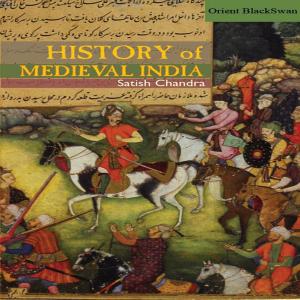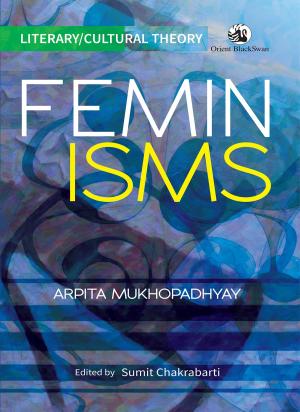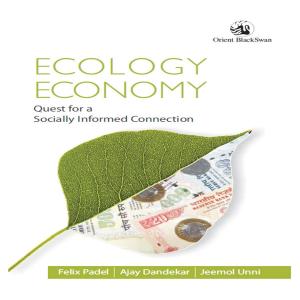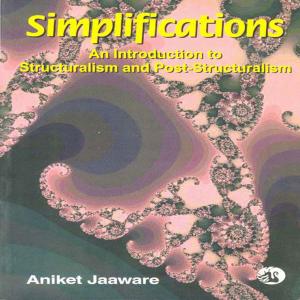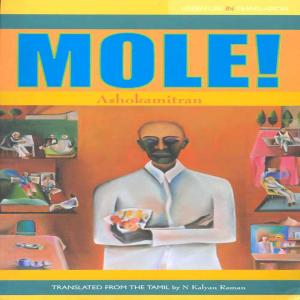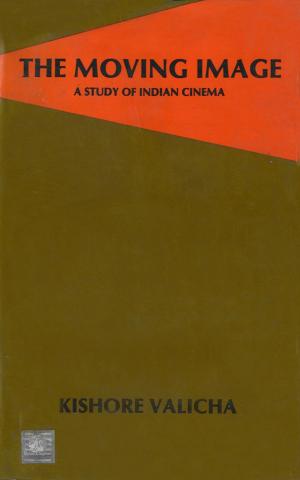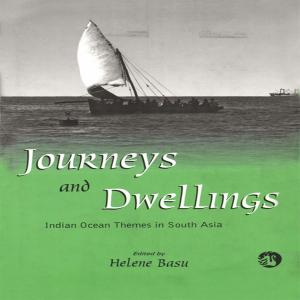Peculiar People Amazing Lives
Leprosy, Social Exclusion and Community Making in South India
Nonfiction, Social & Cultural Studies, Social Science| Author: | James Staples | ISBN: | 9788125053064 |
| Publisher: | Orient Blackswan Private Limited | Publication: | March 24, 2017 |
| Imprint: | Language: | English |
| Author: | James Staples |
| ISBN: | 9788125053064 |
| Publisher: | Orient Blackswan Private Limited |
| Publication: | March 24, 2017 |
| Imprint: | |
| Language: | English |
Peculiar People, Amazing Lives sets out to challenge the widely held and deeply ingrained perception that people affected by leprosy are victims of the most terrible scourge imaginable. The experiences of those living in Bethany—a self-established leprosy community in South India—tell rather different, more nuanced, stories about what it is like to have leprosy at the onset of the twenty-first century. In this richly ethnographic portrait of Bethany people’s lives—whether at home in the leprosy colony, away begging in Mumbai or representing their histories through drama performance—James Staples explores how this apparently powerless group appropriates, embodies and redefines dominant ideas about caste, religion, the human body and Indian ways of knowing and being-in-the-world. They do so, as the book also reveals, against the various backdrops of colonialism, missionary endeavour, vernacular Christianity and Hinduism, medical practices, development and the State. At a time when the World Health Organisation (WHO) is declaring that leprosy as a public health problem has been globally eliminated, the narratives of those whose lives remain intricately affected by the disease are more than ever in need of telling. The people at the centre of this book are seeing their right to define their identities in relation to a particular disease—and to gain certain advantages from those identities—being slowly but forcefully eroded. They emerge not as victims but as a group ready to challenge existing power structures in order to represent themselves as a group with particular rights.
Peculiar People, Amazing Lives sets out to challenge the widely held and deeply ingrained perception that people affected by leprosy are victims of the most terrible scourge imaginable. The experiences of those living in Bethany—a self-established leprosy community in South India—tell rather different, more nuanced, stories about what it is like to have leprosy at the onset of the twenty-first century. In this richly ethnographic portrait of Bethany people’s lives—whether at home in the leprosy colony, away begging in Mumbai or representing their histories through drama performance—James Staples explores how this apparently powerless group appropriates, embodies and redefines dominant ideas about caste, religion, the human body and Indian ways of knowing and being-in-the-world. They do so, as the book also reveals, against the various backdrops of colonialism, missionary endeavour, vernacular Christianity and Hinduism, medical practices, development and the State. At a time when the World Health Organisation (WHO) is declaring that leprosy as a public health problem has been globally eliminated, the narratives of those whose lives remain intricately affected by the disease are more than ever in need of telling. The people at the centre of this book are seeing their right to define their identities in relation to a particular disease—and to gain certain advantages from those identities—being slowly but forcefully eroded. They emerge not as victims but as a group ready to challenge existing power structures in order to represent themselves as a group with particular rights.


